In the rapidly evolving world of digital technology, Artificial Intelligence (AI) has emerged as a game-changer across various industries. Among the fields most significantly impacted by AI is website building and design. As businesses increasingly prioritize their online presence, AI has revolutionized how websites are created, optimized, and maintained, offering both opportunities and challenges for web designers and developers.
The Rise of AI in Web Design
Traditionally, building a website requires a deep understanding of coding languages, design principles, and user experience (UX) strategies. However, with the advent of AI-powered tools, the landscape has shifted dramatically. Today, AI is making web design more accessible, efficient, and tailored to user needs.
Automated Website Builders
AI-driven platforms like Wix ADI (Artificial Design Intelligence) and Bookmark have made it possible for users with little to no coding knowledge to create functional and aesthetically pleasing websites. These tools analyze user inputs, such as industry type and design preferences, to generate a customized website within minutes. By leveraging machine learning algorithms, these platforms can continuously improve their output, delivering increasingly sophisticated designs over time.
Personalized User Experiences
AI enables websites to offer personalized experiences based on user behavior. For example, AI can analyze how visitors interact with a site and then adapt the content, layout, and navigation to better suit individual preferences. This level of personalization not only enhances user engagement but also increases conversion rates, making websites more effective in achieving business goals.
Design Optimization
AI is also transforming how design decisions are made. Tools like Adobe Sensei and The Grid use AI to analyze design elements, such as color schemes, fonts, and layouts, to suggest improvements or automatically adjust them for optimal performance. This takes the guesswork out of design, allowing for data-driven decisions that enhance the overall user experience.
Content Generation
AI-powered content generation tools can assist in creating everything from blog posts to product descriptions. These tools use natural language processing (NLP) to craft content that is not only relevant but also SEO-friendly. By automating the content creation process, businesses can maintain a consistent online presence without the need for extensive manual effort.
SEO and Analytics
AI plays a crucial role in search engine optimization (SEO) and analytics. AI-driven tools like BrightEdge and MarketMuse analyze vast amounts of data to identify trends, keywords, and content gaps, providing actionable insights for improving a website’s visibility on search engines. Additionally, AI can automate the process of A/B testing, enabling businesses to optimize their websites based on real-time user data.
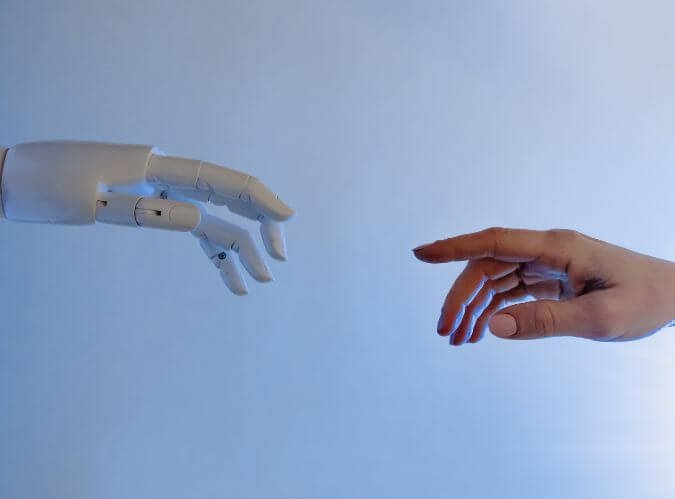
Challenges and Considerations
While AI offers numerous advantages in website building and design, it also presents certain challenges:
Creativity vs. Automation
While AI can streamline the design process, there is a concern that it may stifle creativity. Designers worry that over-reliance on AI-generated templates could lead to a homogenization of web design, where websites start to look similar and lack the unique flair that comes from human creativity.
Ethical Considerations
As AI becomes more integrated into web design, ethical questions arise regarding data privacy and the potential for algorithmic bias. For instance, AI systems that personalize user experiences might inadvertently reinforce stereotypes or exclude certain user groups. It is essential for businesses to implement AI responsibly, ensuring that these tools are used to enhance inclusivity rather than diminish it.
Skill Shifts in the Industry
The rise of AI in web design may also lead to shifts in the skill sets required by web designers and developers. As AI handles more routine tasks, professionals in the industry may need to focus on higher-level design thinking, strategy, and the ethical implications of AI use. Continuous learning and adaptation will be key to staying relevant in this evolving landscape.
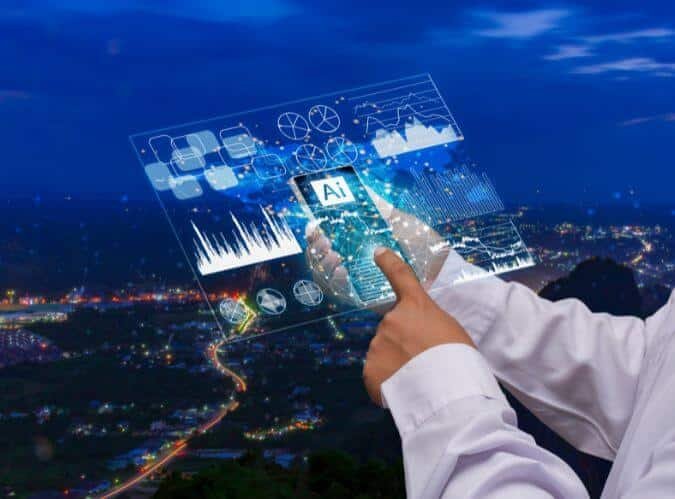
The Future of AI in Web Design
Looking ahead, the role of AI in web design is only expected to grow. As AI algorithms become more sophisticated, we can anticipate even more personalized and efficient web design processes. AI could eventually enable the creation of fully autonomous websites that update and optimize themselves based on user interactions and market trends.
Moreover, AI has the potential to democratize web design further, making it accessible to an even broader audience. This could empower small businesses and individuals to create professional-quality websites without the need for extensive technical expertise.
Conclusion
AI is undeniably transforming the website building and design industry, offering powerful tools that enhance efficiency, personalization, and optimization. While there are challenges to navigate, the opportunities presented by AI far outweigh the risks. By embracing AI, web designers and developers can push the boundaries of creativity and innovation, delivering websites that not only meet but exceed the expectations of today’s digital consumers.
As AI continues to evolve, staying informed and adaptable will be crucial for anyone involved in web design. The future of web design is here, and it’s powered by AI.

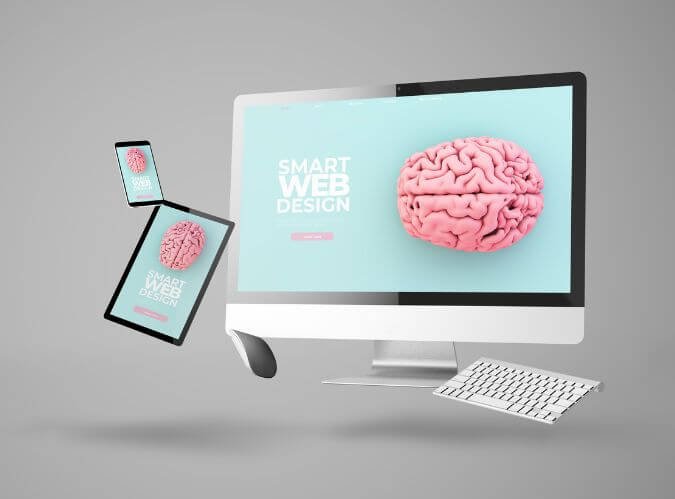
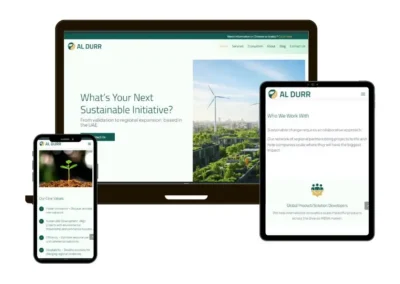
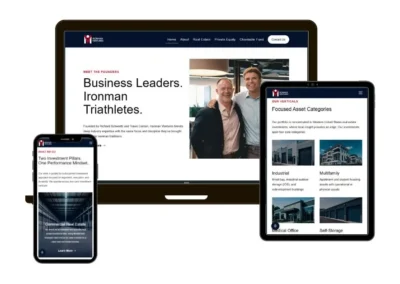
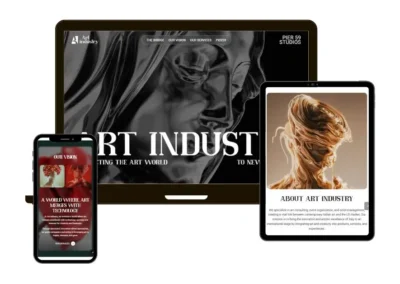
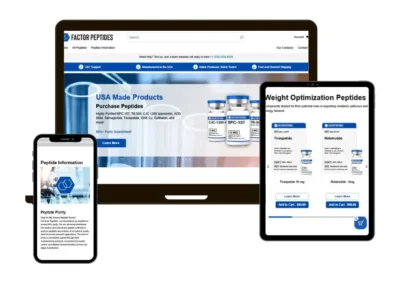
0 Comments